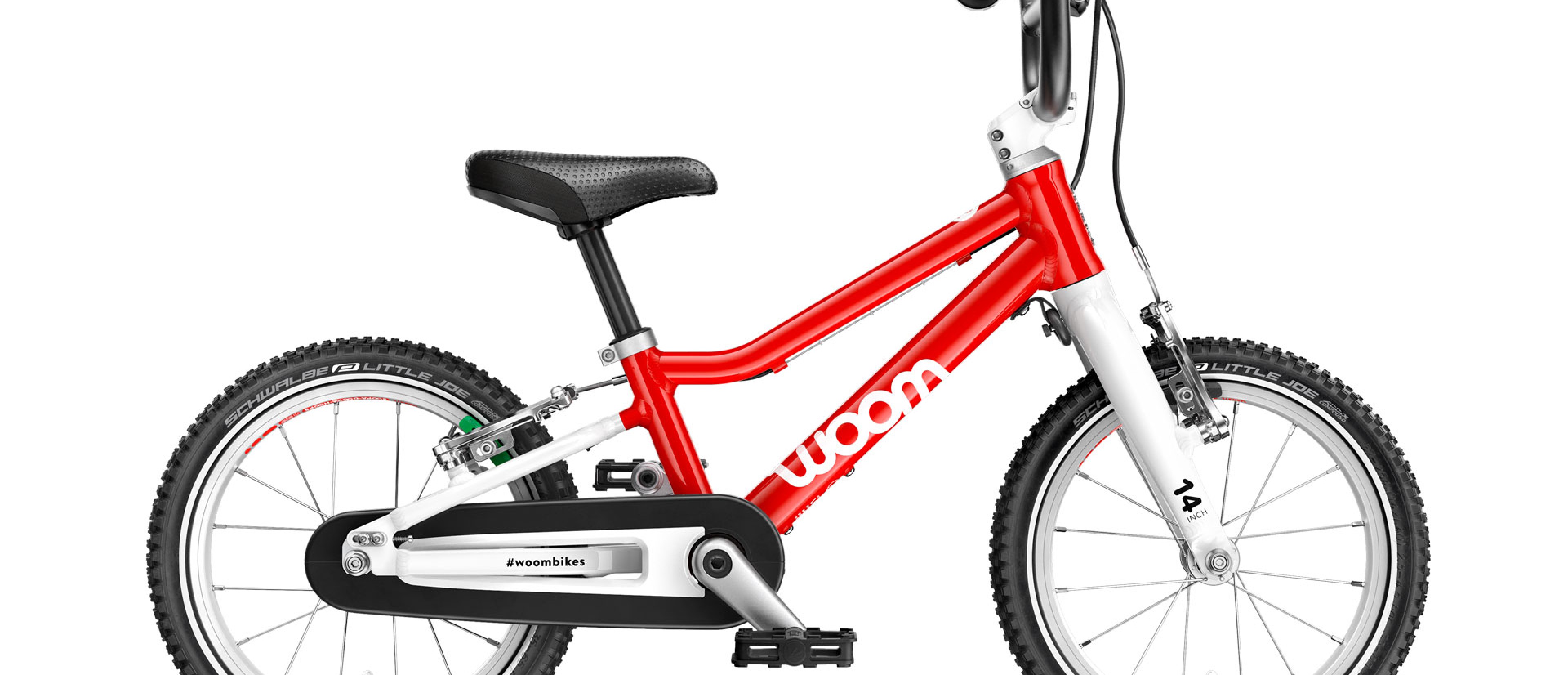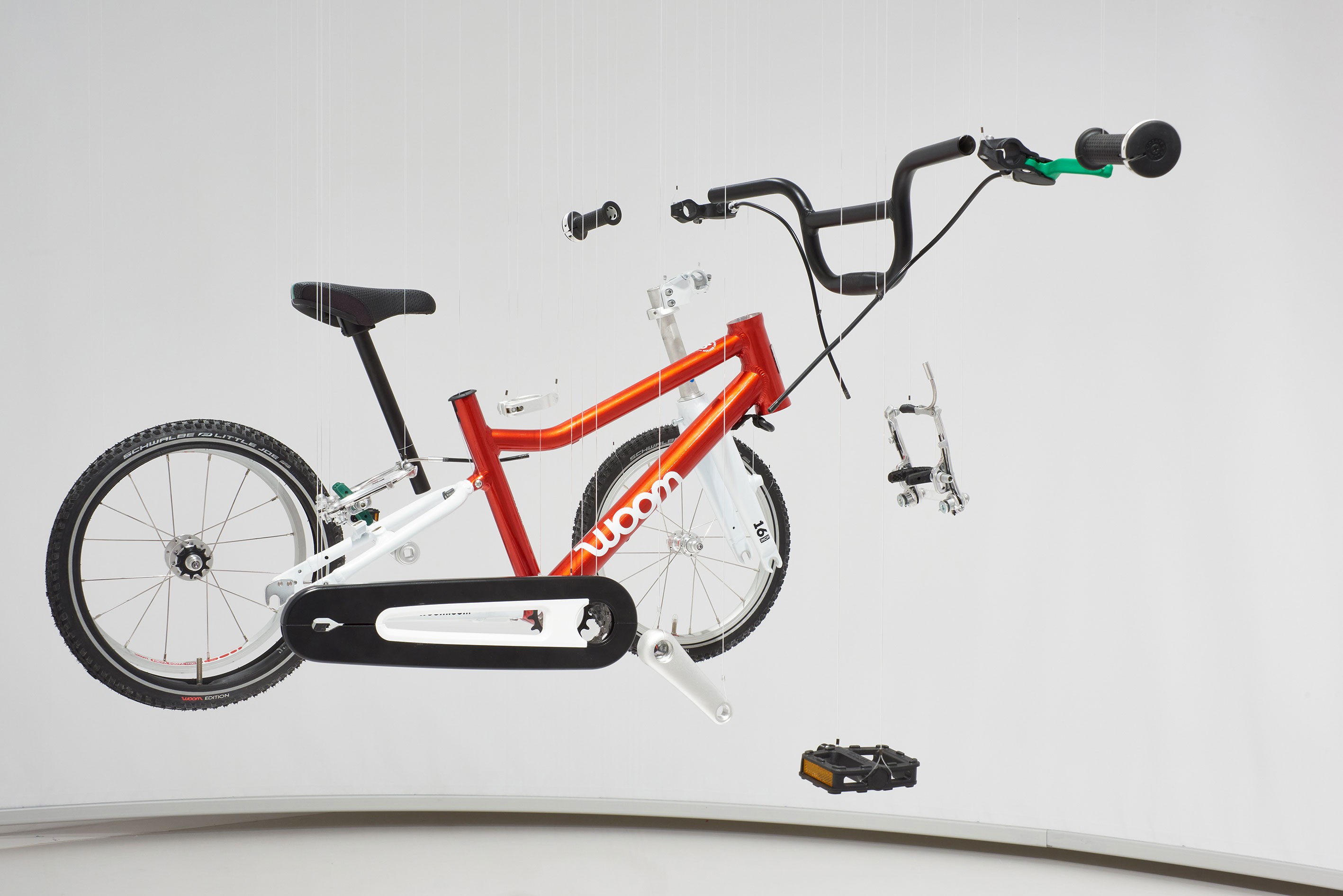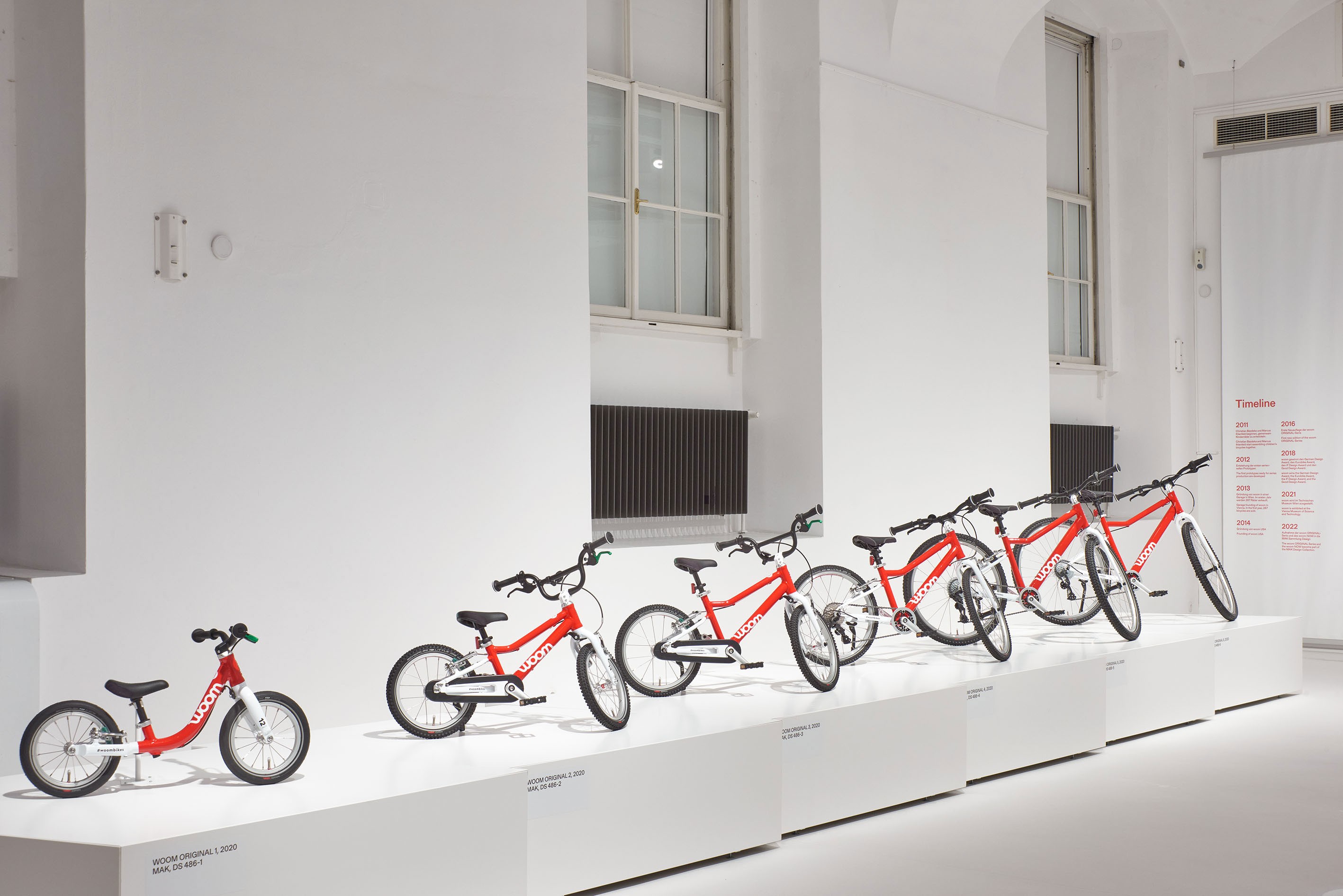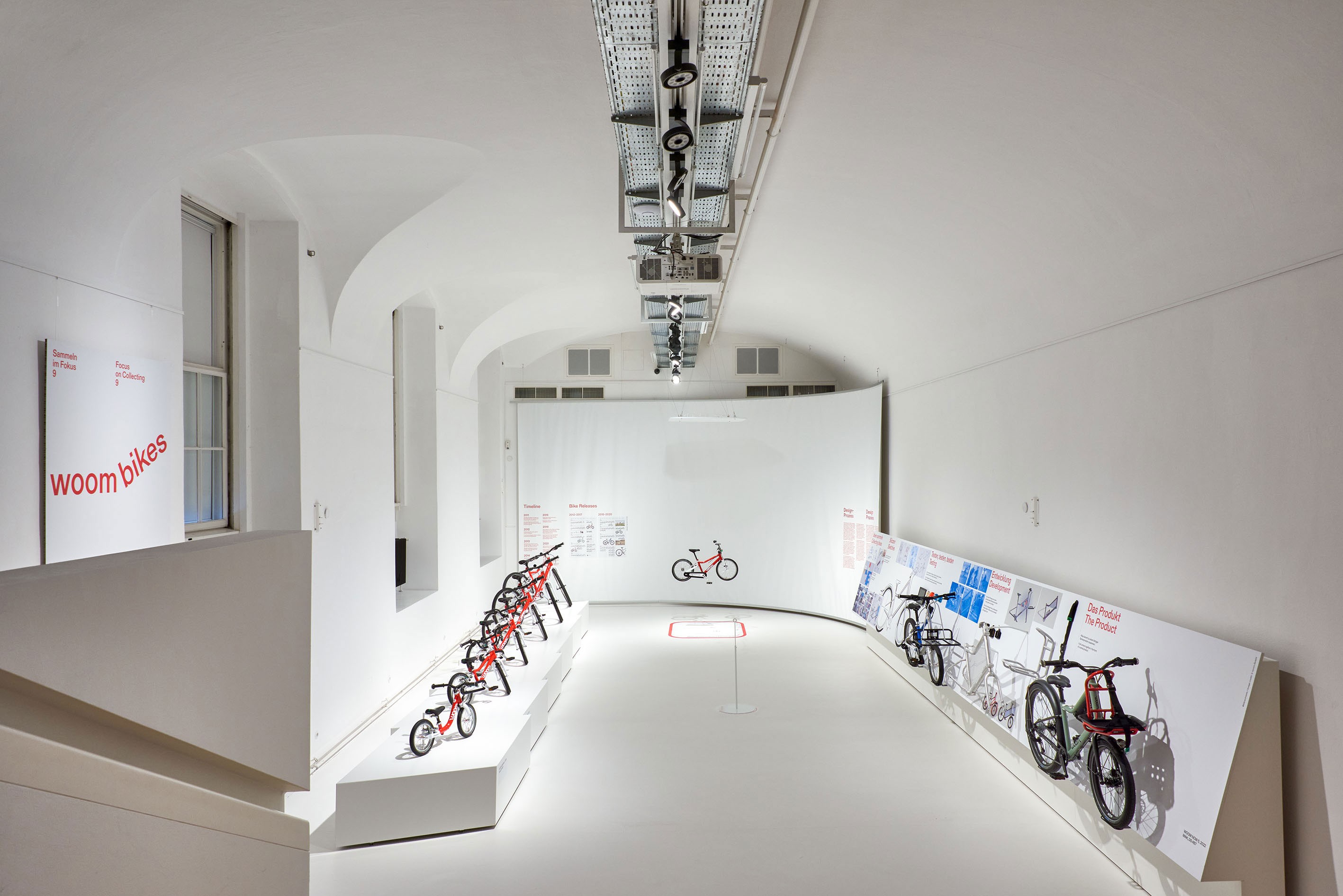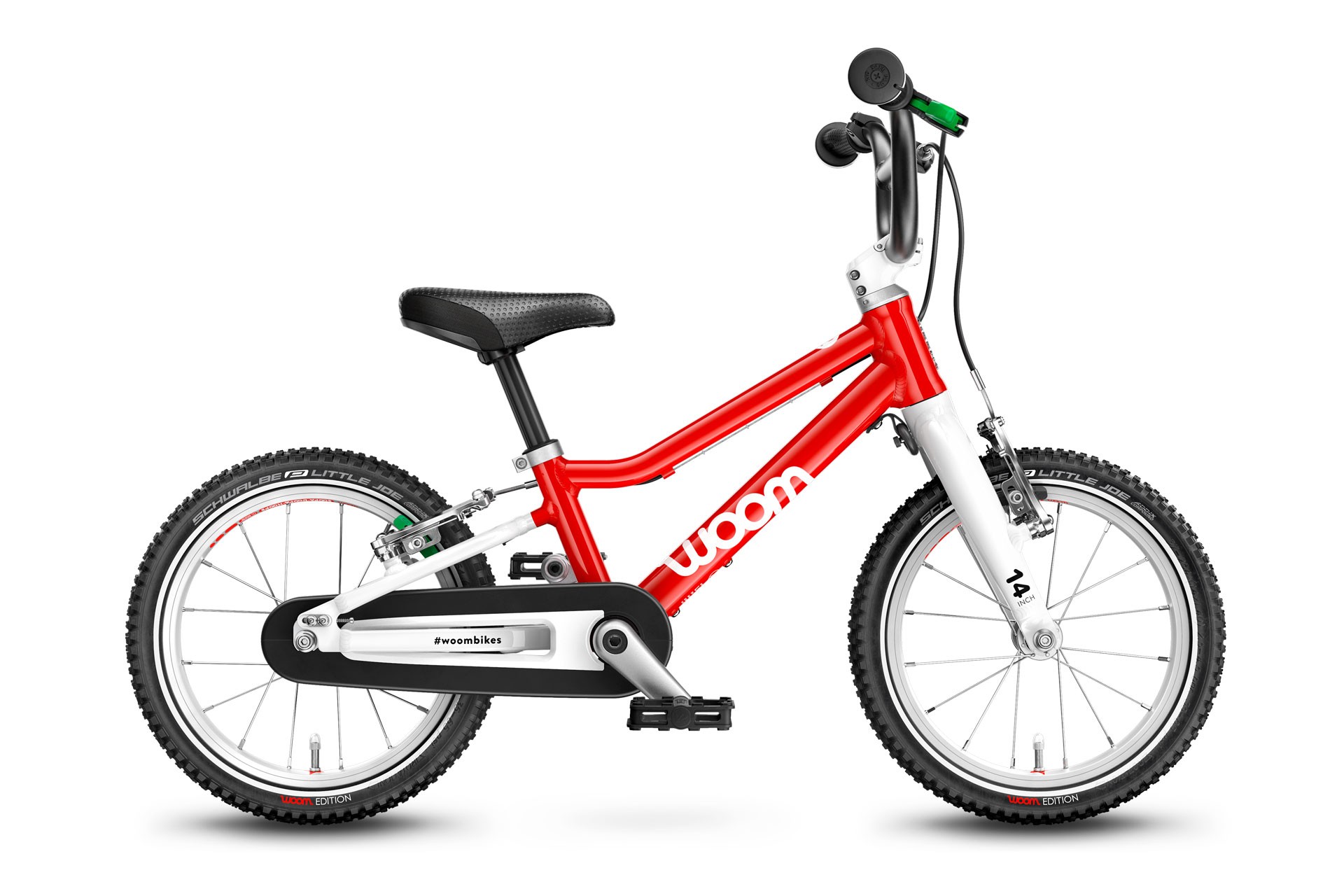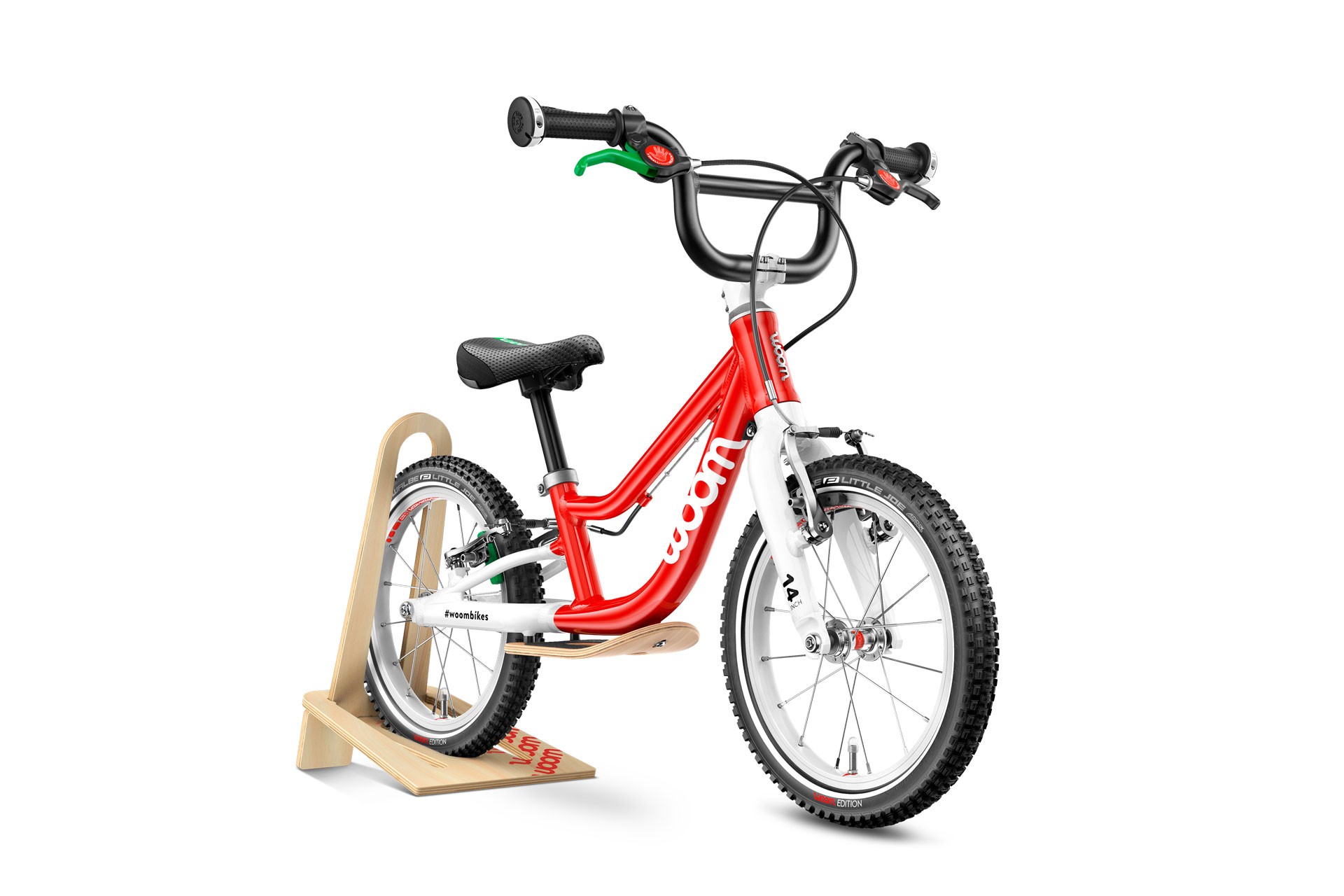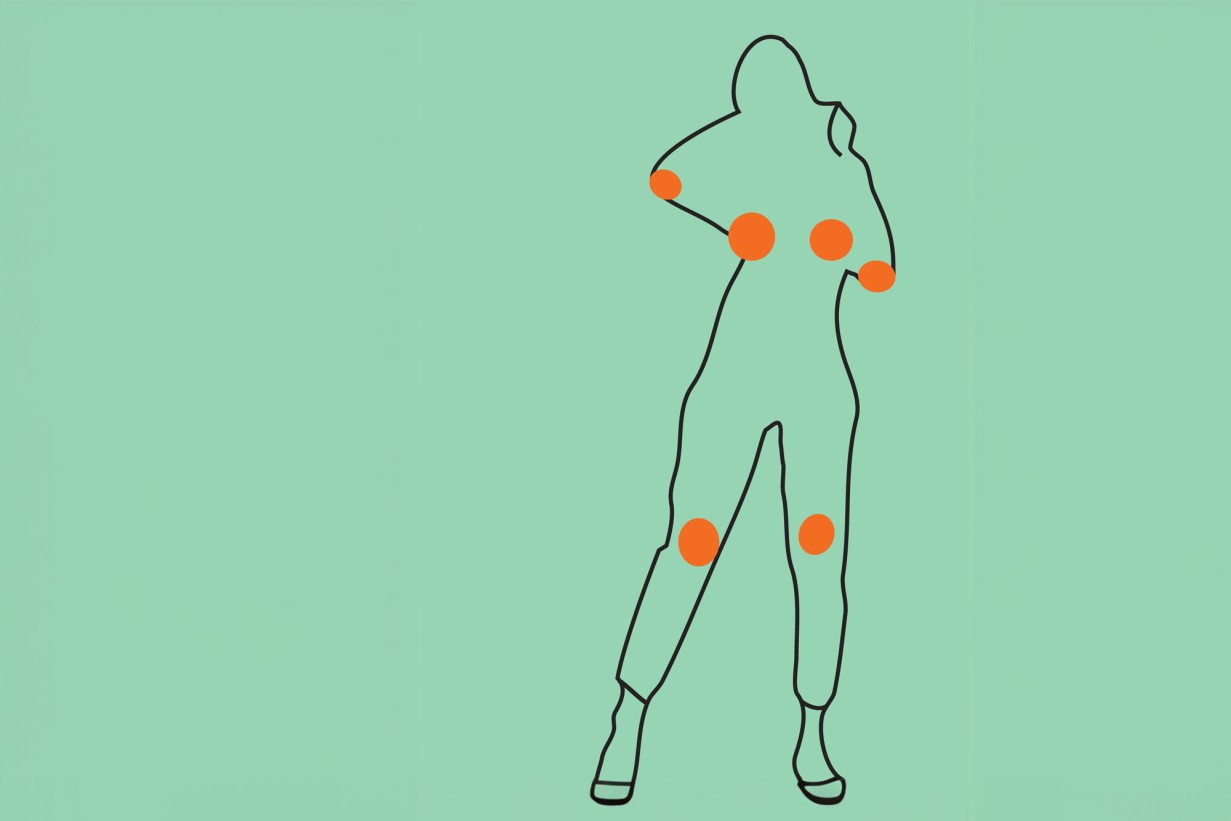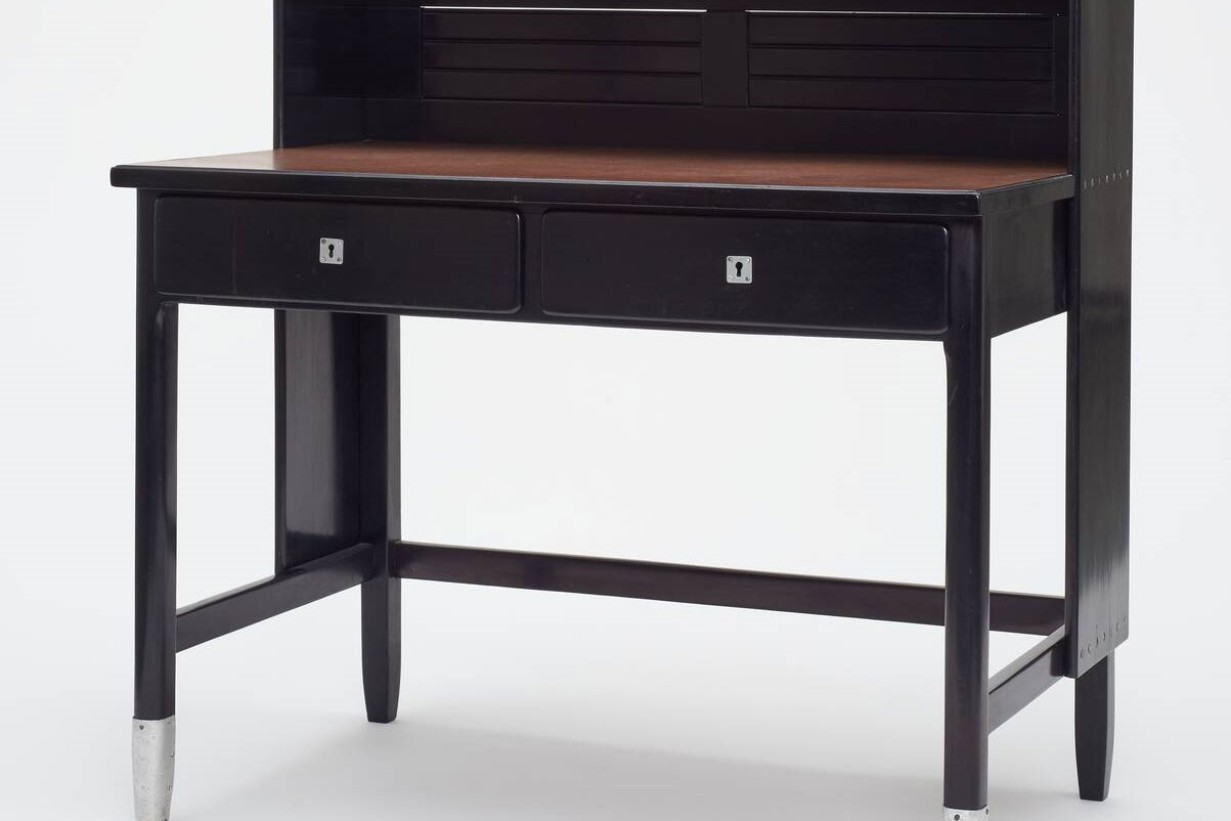© woom GmbH
Previous Image
In the context of the series FOCUS ON COLLECTING, the MAK presents the donation of a total of seven children’s bicycles to the Design Collection: six bicycles from the woom ORIGINAL series as well as a woom NOW. They were designed and produced by the Austrian woom GmbH, which has been awarded numerous international design awards and is celebrating its 10th company anniversary this year.
24.5.2023—17.9.2023
MAK Forum
The presentation focuses on the bicycle as a cultural asset and means of transportation that has significantly shaped and changed our society. It examines the visionary industrial design of woom bikes, which celebrates ergonomics, sustainability, and eco-friendly mobility, while inviting visitors to take a look behind the scenes of the design process.
This success story started off with the failure to adapt the product to the needs of an important target group, namely children. Using a woom NOW children’s bicycle, the exhibition outlines the steps necessary in design: The path to the product includes collecting ideas on sketches, tests, and a lot of prototypes. Based on three elements as examples—the bicycle frame, a front luggage rack, and a frame bag—the exhibition illustrates how the woom team works and what characterizes the design of the bicycles.
A Brief History of the Bicycle
The history of the bicycle dates back to the 19th century when German inventor Karl von Drais developed the first prototype in 1817. Later in the 1860s, the concept of a bicycle with pedals and a chain, which is still valid today, was invented.
The bicycle in its current form has been used for more than 150 years and quickly became a popular means of transportation that impacted on society in ways we nowadays don’t even take into account anymore: It gave people the opportunity of covering longer distances quickly and affordably and contributed to the emergence of new jobs such as bicycle mechanics or bicycle couriers. The bicycle also became an important symbol for women’s rights movements as it made women more independent and mobile. In this context it also influenced clothing.
Today, the bicycle is common all around the world and is used by many people for various reasons, such as getting to school or work, as a sport or hobby, and last but not least as a sustainable mode of transportation and a symbol for environmental protection.
This success story started off with the failure to adapt the product to the needs of an important target group, namely children. Using a woom NOW children’s bicycle, the exhibition outlines the steps necessary in design: The path to the product includes collecting ideas on sketches, tests, and a lot of prototypes. Based on three elements as examples—the bicycle frame, a front luggage rack, and a frame bag—the exhibition illustrates how the woom team works and what characterizes the design of the bicycles.
A Brief History of the Bicycle
The history of the bicycle dates back to the 19th century when German inventor Karl von Drais developed the first prototype in 1817. Later in the 1860s, the concept of a bicycle with pedals and a chain, which is still valid today, was invented.
The bicycle in its current form has been used for more than 150 years and quickly became a popular means of transportation that impacted on society in ways we nowadays don’t even take into account anymore: It gave people the opportunity of covering longer distances quickly and affordably and contributed to the emergence of new jobs such as bicycle mechanics or bicycle couriers. The bicycle also became an important symbol for women’s rights movements as it made women more independent and mobile. In this context it also influenced clothing.
Today, the bicycle is common all around the world and is used by many people for various reasons, such as getting to school or work, as a sport or hobby, and last but not least as a sustainable mode of transportation and a symbol for environmental protection.
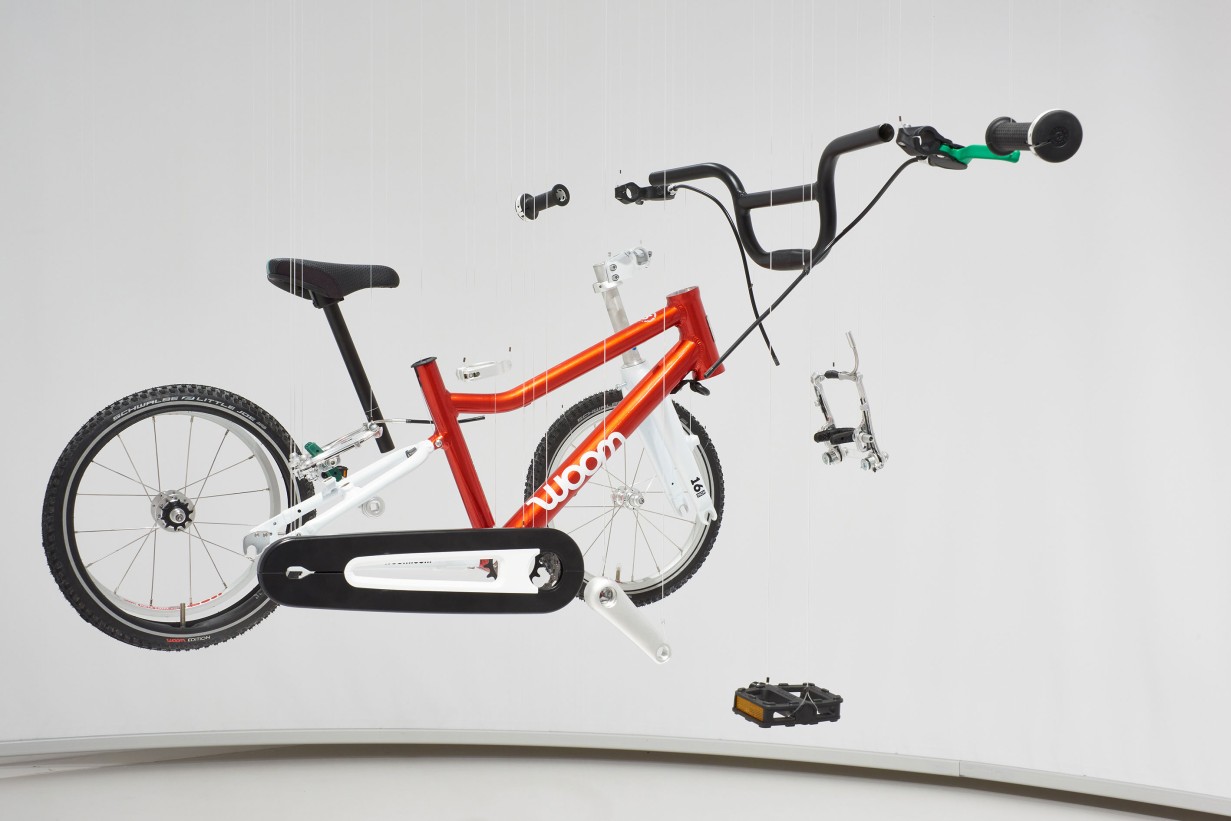
© MAK/Georg Mayer
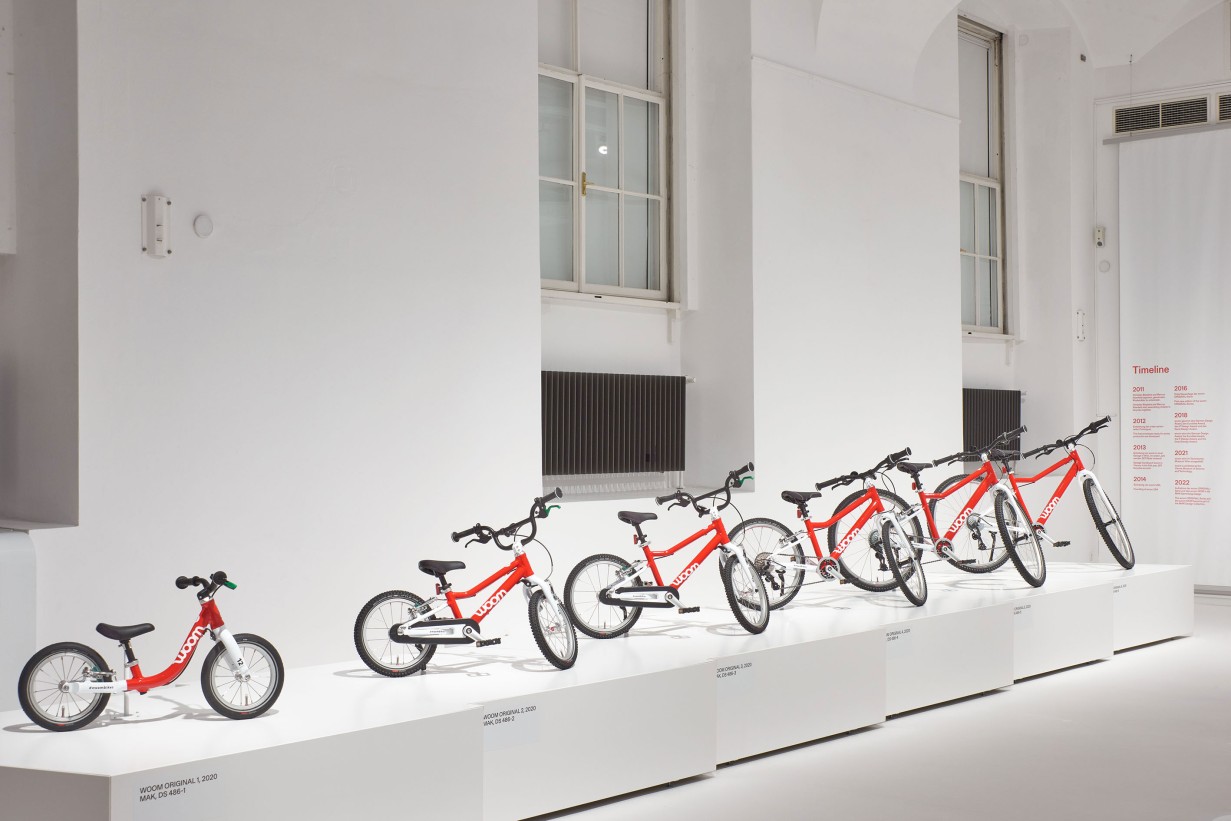
© MAK/Georg Mayer
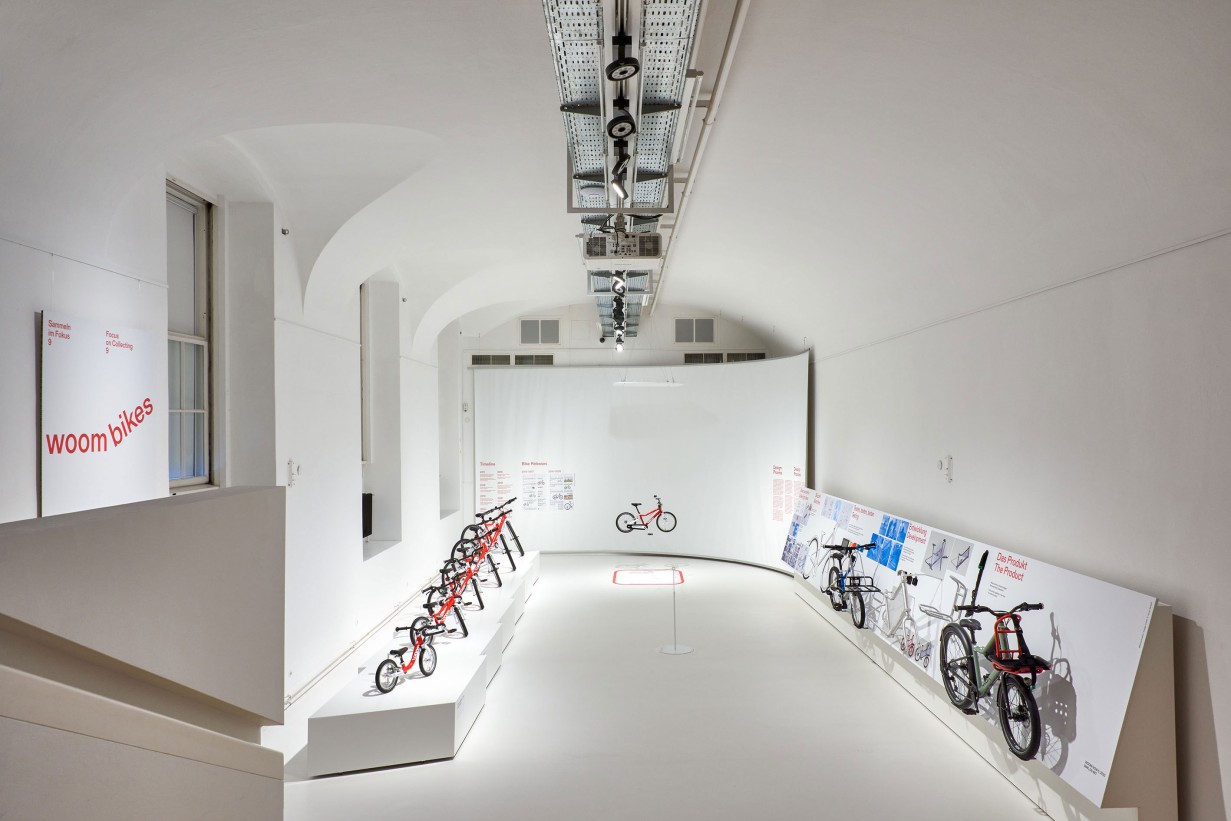
© MAK/Georg Mayer
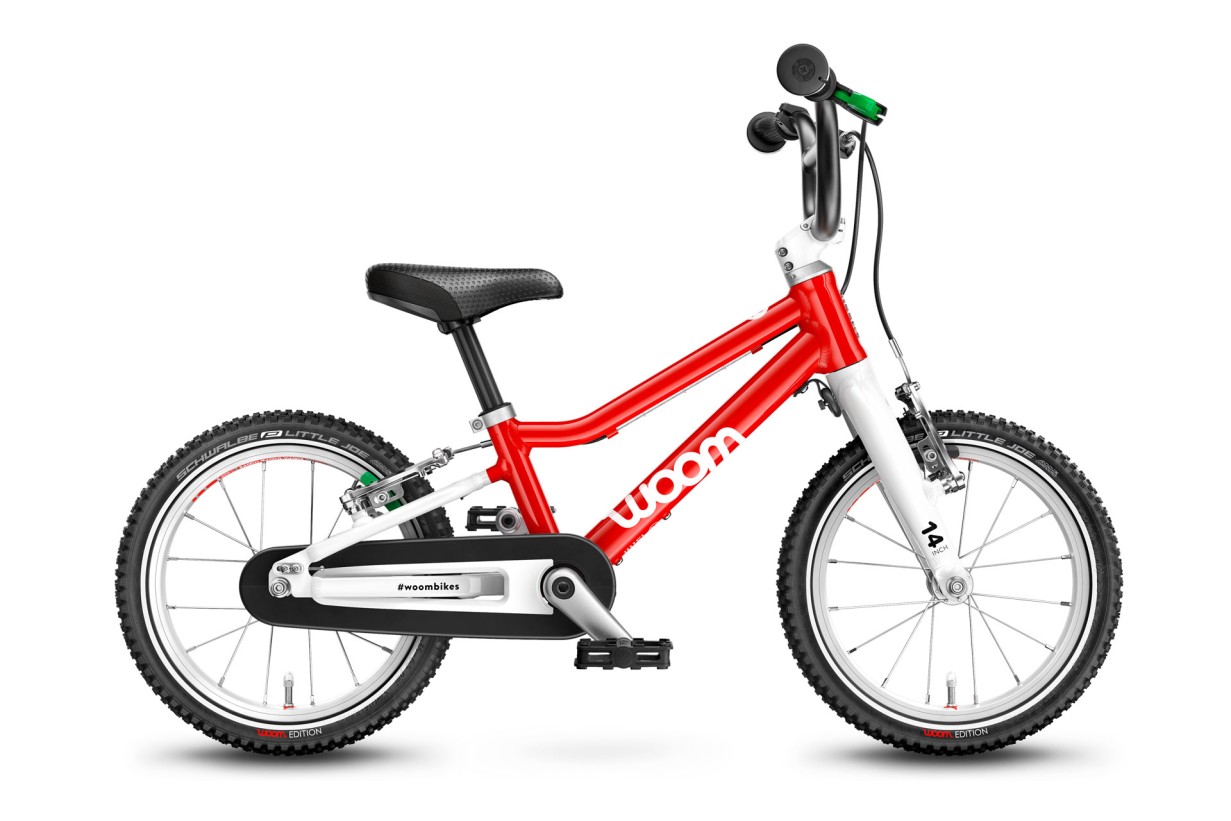
© woom GmbH
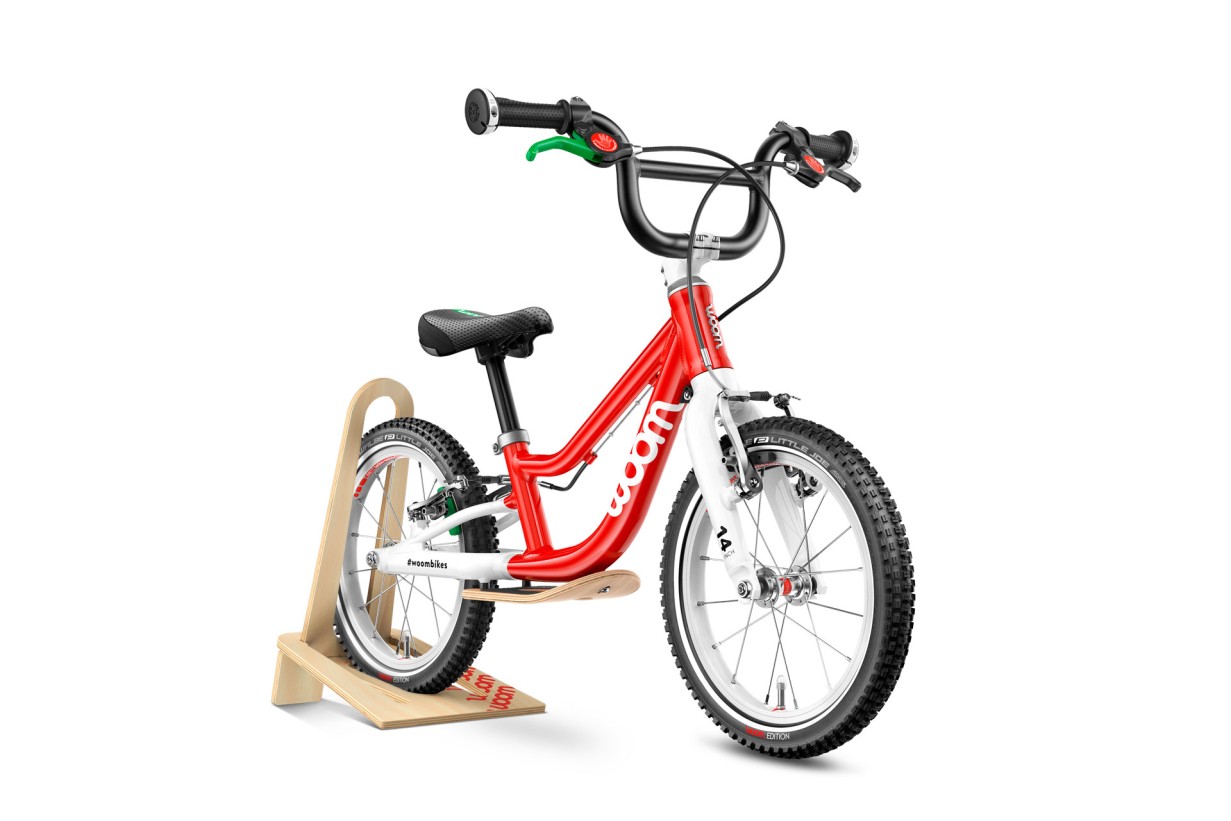
© woom GmbH
Previous Image
Curator
Marlies Wirth, Curator, Digital Culture and MAK Design CollectionContent Project Coordination
Felix Kofler, MAK Sammlung Design MAK Design Collection
Graphic Design
Bueronardin
woom-Design-Team
Matthias Leite-Gürtner, Daniel Kloboucnik, Chris Small, Ralph Lemoch-Zizka
FOCUS ON COLLECTING
In the context of the FOCUS ON COLLECTING series, the MAK presents significant collection acquisitions or donations to visitors.
Kindly supported by

